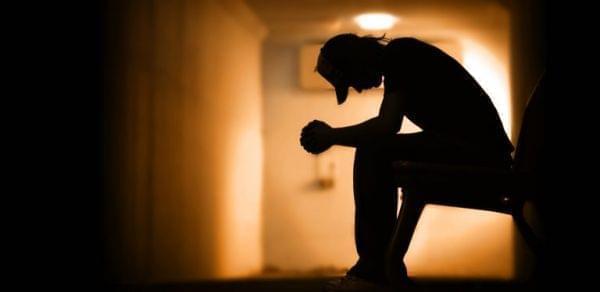Illinois Budget Includes First ‘Significant Rate Increase’ In Years For Behavioral Health

flickr/findrehabcenters (CC BY 2.0)
The new state budget awaiting Illinois Governor J.B. Pritzker’s signature includes what advocates say is a much-needed $80 million increase in funding for mental health and addiction treatment.
The state's fiscal 2020 budget marks the first time in recent years that lawmakers have approved a signficant increase in state funding for behavioral health services, said Eric Foster, Chief Operating Officer for the Illinois Association for Behavioral Health. Last year's increase amounted to only about 3%, he said.
This year's funding increase includes $39 million for addiction treatment and prevention and $43 million for mental health services—which represents increases in 18% and 13%, respectively. The money will be made available to service providers through grant programs administered by the Illinois Department of Human Services.
Foster said an additional $40 million appropriation to the Illinois Department of Healthcare and Family Services will help expand access to psychiatric services; plus $7 million to HFS will be used to boost Medicaid reimbursement rates for mental health and addiction treatment.
That increase, which is subject to federal approval, is sorely needed to help reduce wait times for services across the state, Foster said.
“When you have adequate rates, providers are more able to expand access by hiring additional professionals, possibly opening additional locations,” Foster said. “When dollars are constricted, providers have to pull back.”
And when providers pull back, there can be serious consequences.
A recent report from the USC Schaeffer Center for Health Policy and Economics finds Illinois has a high rate of hospitalizations for serious mental illness. Nearly a quarter of people with “serious psychological distress”—or roughly 4 percent of the general adult population in Illinois—are not receiving the help they need, according to the report.
Illinois spends relatively little on community-based treatment programs: $77 per person, compared to the national average of $133, according to the report; and people in Illinois living with mental illness are “more likely to encounter the criminal justice system, resulting in a large number of arrests and incarcerations,” the authors wrote.
The cost of incarcerating people with serious mental illness in state prisons in Illinois currently exceeds $250 million a year. Despite those costs, many inmates don't get the help they need; llinois Public Media has previously reported on how mental health treatment is lacking in many state prison facilities.
For these reasons, Foster said his organization advocated for a 10% increase in Medicaid reimbursement rates for behavioral health services. How much the rates will increase is still being worked out, he said.
Foster said he was also pleased that a measure that supports evidence-based training for school personnel on how to handle mental health crises passed with unanimous support.
The bill follows up on a law that passed in 2018, requiring school personnel in Illinois who work with students receive training every two years about the signs and symptoms of suicide, mental illness and drug addiction.
The measure that now awaits action from Pritzker would allow schools to fulfill that requirement using a nationally recognized program known as Mental Health First Aid.
Foster said the training can help identify students who are struggling but may fly under the radar because they aren’t getting into trouble at school.
“The more people that are aware and trained on how to identify these early onset symptoms or characteristics of a student, the more likely students are to receive early intervention so that it doesn’t end up in a crisis situation,” Foster said.
Another behavioral health measure headed to the governor’s desk would create a task force to study chronic and binge-drinking among teens.
The task force would work to identify which parts of the state are in need of additional state funding for prevention services aimed at delaying the onset of alcohol use, Foster said.
Follow Christine on Twitter: @CTHerman
Links
- Budget Done — Building And Gambling Plans To Go
- U Of I President ‘Delighted’ By New State Budget
- New Round Of Tariffs Takes A Bigger Bite Of Consumers’ Budget
- Getting Mental Health Help as a Refugee; Politicians and Fashion; Illinois Politics Update
- Spotlight on ‘Rattle The Stars’: Reducing Mental Health Stigma, Preventing Suicide

